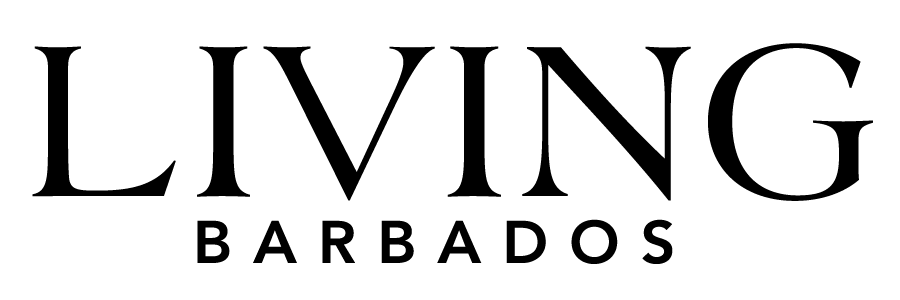Why The Finest Quality Artisanal Rum Is Coming From Barbados
 Some argue Barbados produces the best rum on the planet. Most say we are also the birthplace of rum!
Some argue Barbados produces the best rum on the planet. Most say we are also the birthplace of rum!
Rum technically is classified as a spirit, but what makes it so unique is that it’s the only one made directly from the juice of the sugarcane plant. “Barbados Rum is known to be soft, well balanced with characteristic vanilla, coconut and fruity flavours,” says Richard Seale, Master Distiller and Blender, of Foursquare Rum Distillery. Those qualities make Bajan Rum work well straight or iced.
True rum is a complex experience that rivals any cognac or whisky, that’s why it’s causing a frenzy in the ultra-premium spirit category worldwide at the moment. “And the market is not to convert the lower end mass produced rum market to artisanal, the natural audience has come from showing whisky drinkers the true rum,” explains Seale. Now the same single-malt and bourbon aficionado that once deemed rum “unworthy” of the super-premium moniker, covets “authentic” rum. Plus whisky experts like Dave Broom are paying homage—and penning books—praising the virtues of pure bespoke rum. Meanwhile, educated collectors and those looking to make a profit in the aftermarket have already started stocking up. Setting their sights on producers of excellent spirits, which is why many have turned to the island of Barbados as a prime source.
So is Barbados the birthplace of rum? As Seale tells it “unequivocally” yes, it is the conception point “of the social and cultural beverage we call rum.” Though he points out “it is not a technical claim” more of a “cultural” one. What can not be disputed however is that we are the home of the world’s oldest distillery, Mount Gay which dates back to 1703. Rum is made from yeast, sugarcane (or its byproducts), and water. The coral limestone (only found in Barbados) naturally filters the water of impurities. Some historians follow the name back to Samuel Morewood, a British etymologist who suggested (in an 1824 essay) it might be the British slang for “the best.” He wrote: “As spirits, extracted from molasses, could not well be ranked under the name whiskey, brandy, or arrack, it would be called rum.”
The first distillation of rum took place on Caribbean sugarcane plantations (most likely by slaves), with the first commercial sugarcane crop planted in Barbados in 1640. After discovering molasses (a byproduct of the refining process) fermented into alcohol, a 1651 document describes “Rumbullion, alias Kill-Devil” as a “hot, hellish, and terrible liquor!” By the time the Age of Sail (late 16th – early 17th century) came along rum (both by name and product) were in common usage. Popular with pirates and the British Royal Navy for both recreational and medicinal purposes.
From the 1600s right up until the 1990s Barbados sugar—and the rum its made from—dominated the economic development of the island. Records prove that during the 17th century Barbados was the biggest ‘brown spirits’ producer in the world. Making over 4m litres of rum versus less than 1m litres for whisky from Scotland and Ireland combined. It’s these permanent roots anchored into its very foundation and heritage passed for generations, that has kept Barbados Rum at the top, as far as superior quality.
The oldest method of spirit distillation is the batch still, or copper pot (which resembles a large kettle), which is still employed in Barbados today. Bajan artisanal distillers haven’t completely abandoned them, and they are frequently found side by side with column stills. From about the 1970s, the modern multi-column distillation plants arrived in the form we see today. There are four distilleries operating today on Barbados: Mount Gay, Foursquare, St. Nicholas Abbey and West Indies Rum Distillery. Each one with its unique methods and blends and producing some of the best rums in the world!
Words by Falene Nurse
